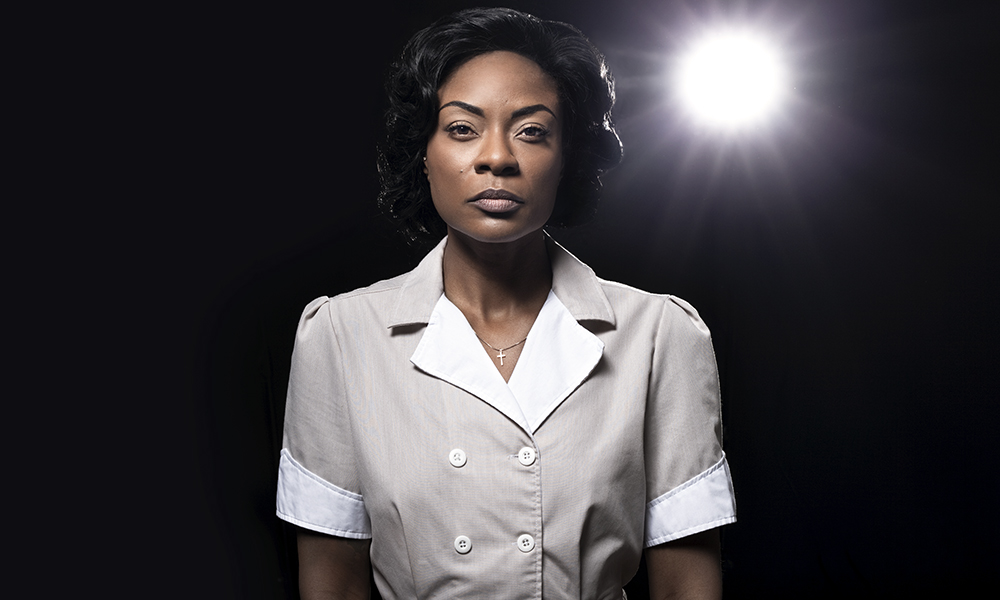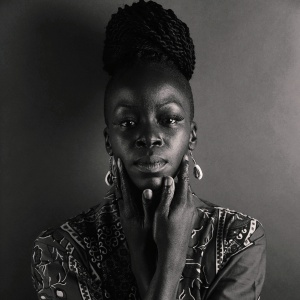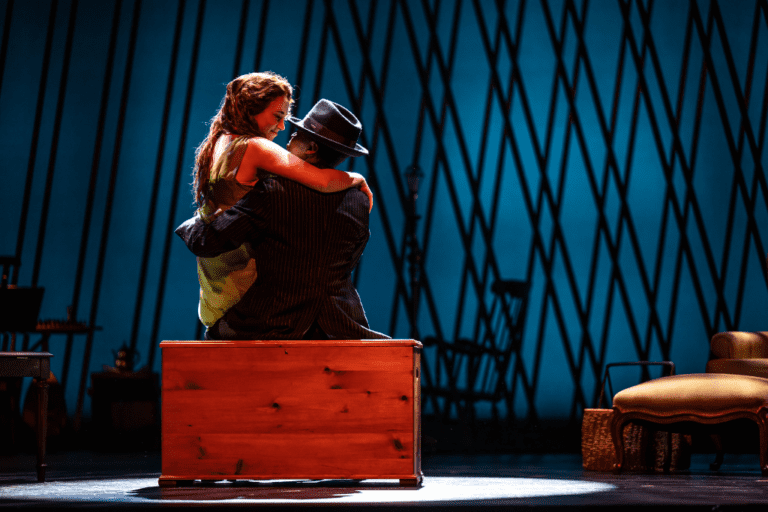What Does It Mean To See Black Bodies Dancing Onstage?
Asking the question, what does it mean to see black bodies dancing on stage, is the first step in a necessary conversation to create change. Being absentminded is a regular thing, but taking accountability is required so that we can create a level playing field for all artists. If the pendulum has been skewed towards the dominant culture, what do we need to do to ensure the best talent is on the stage? How do we push the narrative forward within the black experience if we don’t choose to challenge our voices and what we are capable of? When I think of this question, I am curious whether black bodies are there to be a prop or to serve. Do we represent only a body that takes up space and fills a quota rather than a body that is actually utilized and challenged to better their talent? How can we ever know someone’s potential if they aren’t groomed for it? How are we grooming black artists for their fullest potential in this country and on the international stage?
There are a lot of incidences where our bodies are seen just as an object and nothing more. Occupying the space as the support system and hardly given a chance to hold space as the lead. I have worked in theatre for a few years as a movement director and I have over a decade’s worth of experience in commercial and theatrical dance. There are trends present in the industry as a whole. I feel the most prominent one is people who see our bodies “as is” and do not want to search for our potential. You are trained to come in and do the job and if you are effective you will be remembered. For most black artists, you must come to the job and be exceptional if you want to be remembered. That is the standard.
In the commercial dance world (movies, music videos, stage shows, etc.) all the black women are fighting for one job. There is limited space for melanated beings and even less space for women of darker complexions. Black artists are constantly required to raise the bar internally (some higher than others) so that we can compete with everyone else’s ground zero. I always wondered what casting would look like if we auditioned solely on talent and not aesthetics. It takes work to achieve your full potential within the reality of the business. For many black artists I ask this question, have you reached your full potential?
Now, the reality of the business isn’t always friendly and I’m sure many people will lift their hand(s) when asked if they ever had to experience anything negative in their career. I personally was told I was too dark for a job both in China and in Toronto. Both spoke using a similar language, and felt comfortable to share that I was too dark for a job because they were afraid of how the audience would react to me. As if I’m the Loch Ness monster. Chinese producers worried about the reactions of their audiences and the other was a Toronto-local black singer worried about… clout? I ended up booking both gigs and definitely left an impression. But I made a conscious choice to level up, so my complexion could never be an issue. For someone of darker complexion, to be considered takes work. People need to be comfortable with you standing out from the rest (especially amongst lighter skin individuals). I understood after my first year in the commercial industry that this would be the reality I would have to come to grips with if I wanted to have a future in this business. As much as I wanted to just be a black body performing on stage, I couldn’t. I was unable to just show up and do the work because I was carrying an extra 20-pound weight; because if I didn’t succeed, I wouldn’t be hired again. And worse, I could mess up this chance for all other black females. Could anyone really groom me for the reality of being a dark skin black woman in this entertainment industry? No. It’s a hard pill to swallow but this was my reality: an industry that doesn’t want to look past the frame to see what lies underneath. How can our voices help shift the fabric of this country?
When I think of the reality of what we go through, many other artists would feel extremely overwhelmed at the details that remind us we aren’t welcomed in both new and old spaces. But how do we see past this, beyond this? We need to see the aspiring future in the present. What would make black artists thrive on stage? What would make more stories that represent us? Narratives that fulfill us? Rather than having to step in the footprints of the other. Spaces where we can relax into a role and feel supported by a creative team that wants everyone to succeed. We need to ensure when the diversity train rolls up and you hop on, you are aware your talent opened the door and not the need to fill a quota for funding. The next generation needs to be groomed to the level of these phenomenal black artists (actors, directors, choreographers, dancers, set designers, etc.) that represent the black Canadian arts scene. There is exceptional talent in this country, and we can only hope our descendants will be greater than us. But how do we, the industry, prepare these artists so they never have to experience the same hardships?
Working on Caroline, or Change as my first musical is hugely exciting, and I’m thankful to Obsidian for bringing me onto the creative team to assist choreographer Timothy French. Timothy is such a talented choreographer with a significant reputation—I am excited to learn and lend my knowledge and expertise to the vision of Caroline. I feel it is important for a cast to see themselves represented on the creative team, so that they feel people are working on their behalf. There are many in this talented cast that I have admired and worked with in various degrees (even Jully Black! I had the pleasure of dancing back up for her in the music video for “Can You Feel It?”). Together, I feel this creative team and cast will truly make something special.
This should be the vision of what we want the future to be for black artists. That they can walk into a space and acknowledge that they are enough as is, and that the industry can welcome all that they are. That it is not seen as a gamble to hire a full cast of black people as if our talents won’t go as far as our white counterparts. The Black Panther effect is real. You can bet on black and you will win. But in the times that you don’t, we need to ask: is there more I could have done to receive a different outcome? We need to take responsibility, to ensure the outcome that will serve us all; a true representation of Canadian talent across all streams. We must plan for the future we want for ourselves and make room to receive it.









Comments